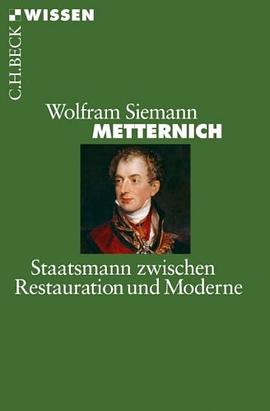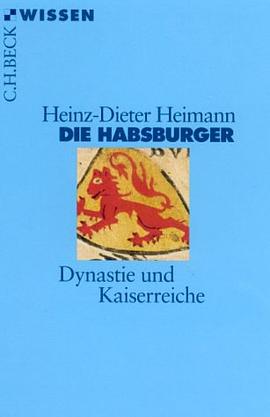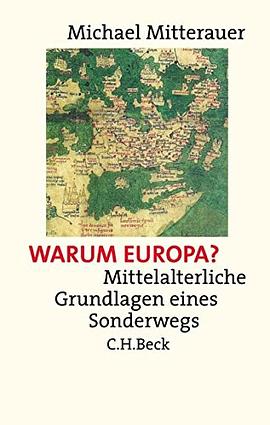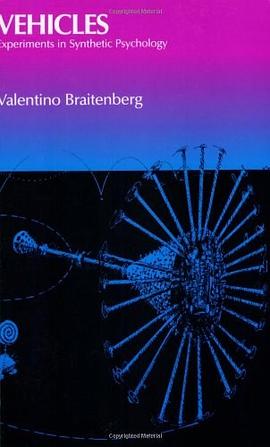Metternich 豆瓣
作者:
Wolfram Siemann
C.H.Beck
2013
- 8
Metternich – sein Name steht für das Zeitalter der Restauration, das monarchische Prinzip und den Versuch, den liberalen und nationalen Kräften des 19. Jahrhunderts Einhalt zu gebieten. Doch der Fürst, der rund vier Jahrzehnte lang zu den beherrschenden Gestalten Europas gehörte, war mehr als nur ein Reaktionär. Wolfram Siemann zeigt, dass der Gegenspieler Napoleons und Architekt der europäischen Friedensordnung nach dem Wiener Kongreß von 1815 mehr als bislang aus seiner Zeit heraus verstanden werden muss und in vielem moderner war als das bis heute gängige Bild von ihm vermuten lässt.





